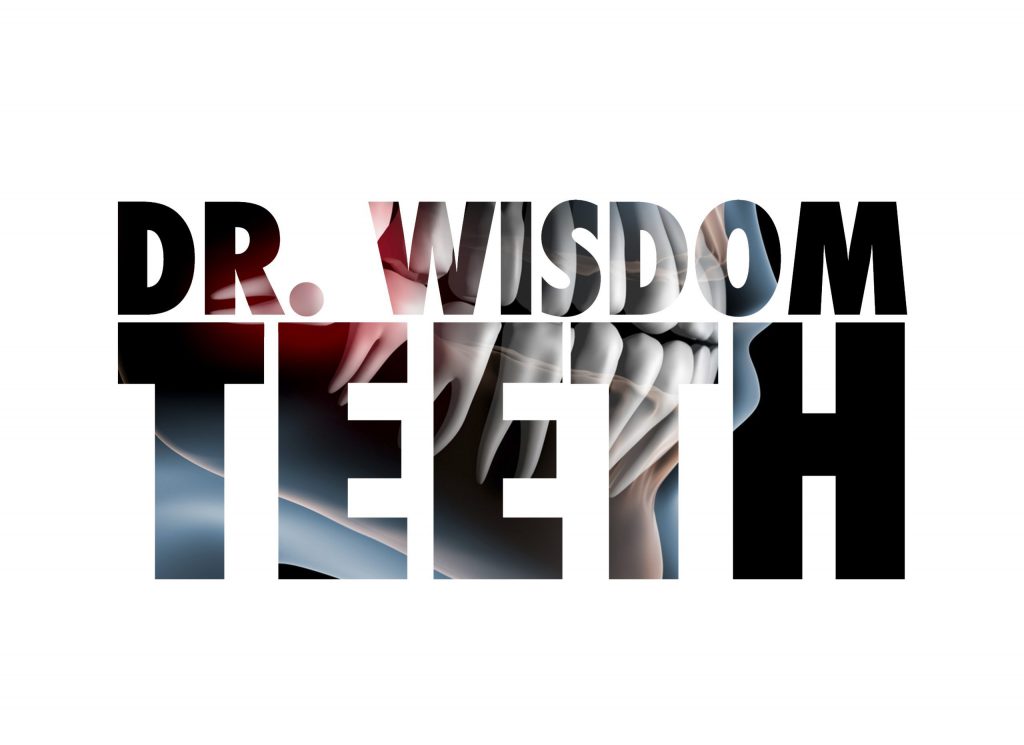Wisdom Teeth Sedation Options
Let Dr. Shevket evaluate your case, and he will give you his professional opinion whether your wisdom teeth are impacted, and require extraction. BOOK a complimentary consultation now – TEXT OR EMAIL
Book your COMPLIMENTARY CONSULTATION WITH DR. SHEVKET
Sedation Options
With Dr. Shevket, wisdom teeth extractions can be done with or without sedation depending on the complexity of your case and your preference. Fortunately, he has credentials for all three sedation options described below, from oral, to nitrous (laughing gas) to IV (Intravenous) sedation, helping his patients to feel comfortable and relaxed during their surgery.
Regardless of the sedation option chosen, every patient will be anesthetized (numbed) with a local anesthetic regardless of whether the patient is not sedated (alert) or sedated (medicated in one way or another to reduce their anxiety). The average surgical time is usually less than 25 minutes for all four impacted wisdom teeth extractions, but this may feel much shorter with sedation.
Oral Sedation involves the use of benzodiazepines either in pill or liquid form to sedate a patient. The level of sedation is often considered weak to moderate. The medication is usually given in the clinic about 30-60 minutes prior to your appointment time. Patients may feel drowsy, or groggy, and some even fall asleep. A minimum fasting time of 2 hours (no food or water) before your appointment is required for oral sedation. Sedation effect can linger after the procedure so you must arrange for an escort (i.e a family member or trusted friend) to drive you home after your appointment.
Nitrous (Laughing Gas) Sedation
Is gas that is administered through your nose by inhalation. It can be titrated (adjusted) to induce anywhere from mild to moderate level of sedation depending on the patient’s desire. A minimum fasting (no food or water) time of 2 hours is required before your appointment for nitrous sedation. Nitrous sedation can also be combined with oral sedation to give a stronger sedation, if desired. Nitrous sedation is often the gold standard, and preferred choice for most patients. One great advantage of nitrous sedation over oral or IV sedation is that the sedation wears off immediately after the gas is turned off, and you do not feel drowsy or groggy after your appointment.
Intravenous Sedation (IV)
Can vary from mild to moderate level of sedation – but just as with oral and nitrous, this is dose depended and also depends on the patient’s tolerance for the medication. The sedative medication is delivered intravenously by a registered nurse, or Dr. Shevket, to induce the sedation that is desired. A minimum of 8 hours of fasting (8 hours no food and 3 hours of no water) are required prior to your appointment. Unfortunately, the sedative effect does linger for as much as 20 hours after your procedure and are required to be monitored/supervised by a trusted friend or a family member for the rest of the day.
Let Dr. Shevket evaluate your case with you and help you decide which option is best suited for you. Regardless of the sedation option chosen by the patient, rest assure, your comfort is of our prime concern, and goal.


